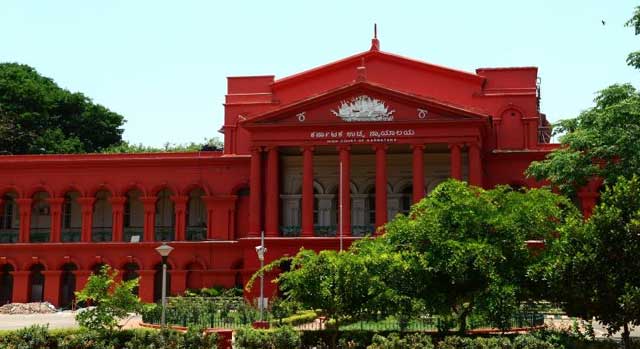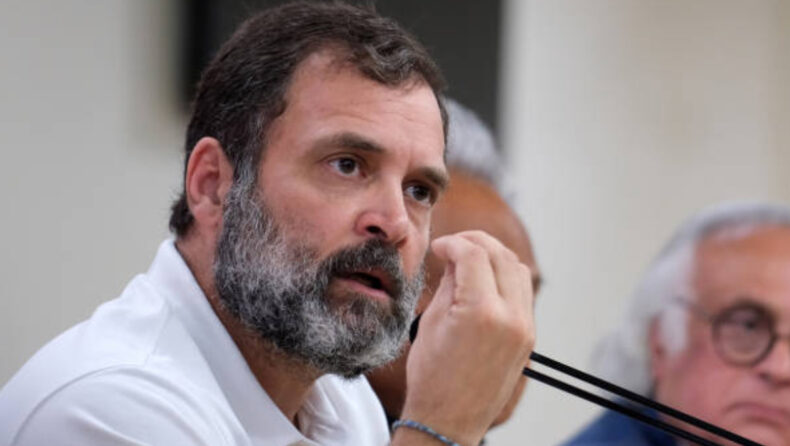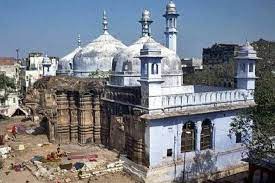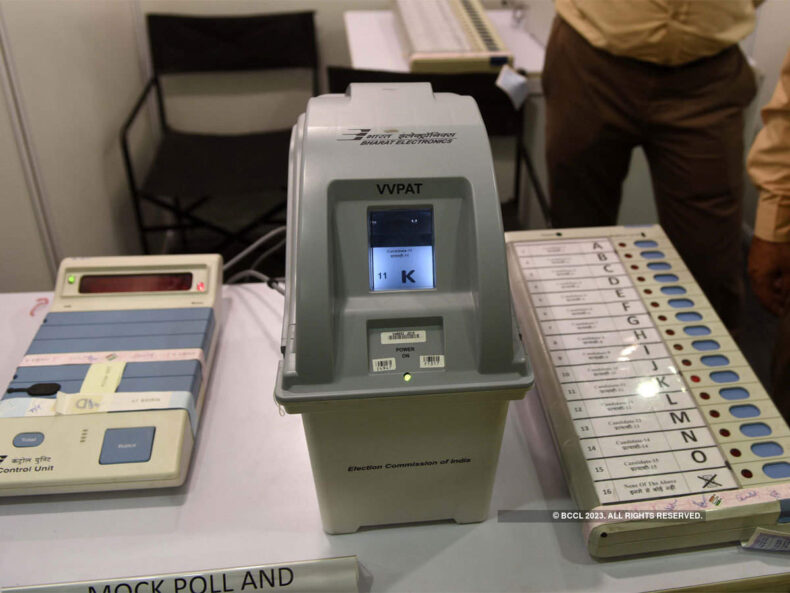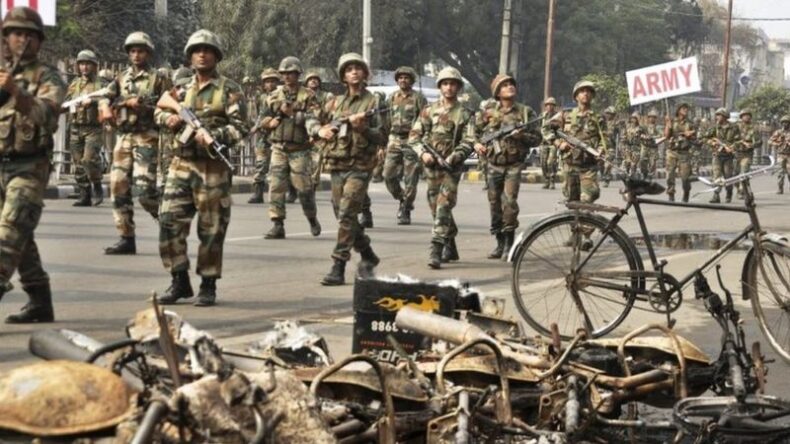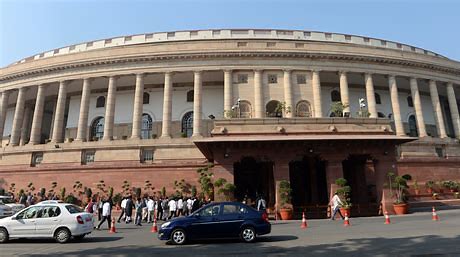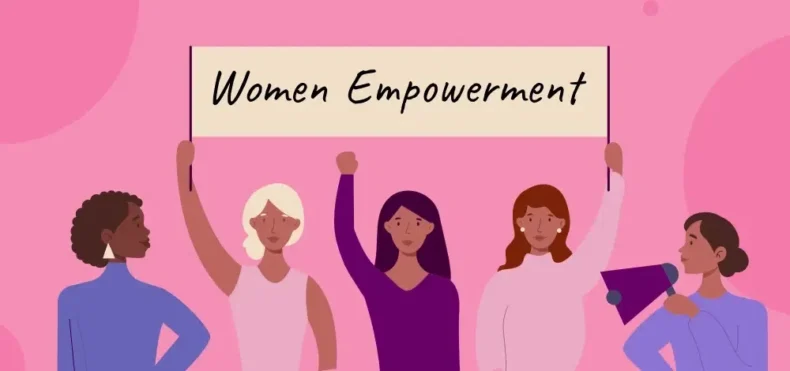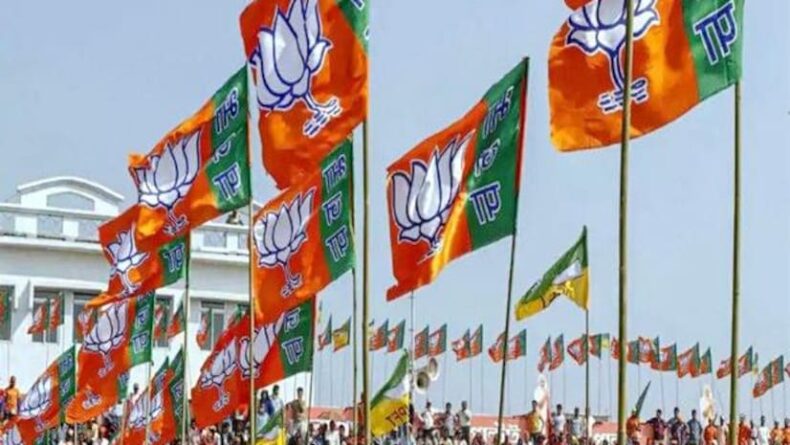Author: Sowbhagyalaxmi
The dynamics of matrimonial law took a novel turn when the High Court of Karnataka delivered a landmark verdict, allowing divorce based on the grounds of cruelty due to insults about the husband’s dark skin. This precedent-setting decision not only addresses an important aspect of emotional abuse within marriages but also underscores the societal implications of colorism and prejudice. By recognizing the psychological impact of such insults, the High Court’s ruling prompts a reevaluation of the traditional concept of cruelty and ignites a conversation about the broader role of societal biases in marital relationships. Context and Complexities In the case…
The digital age has brought about significant advancements in technology and connectivity, leading to an exponential increase in the collection and processing of personal data. As a result, the need to protect individuals’ privacy and ensure the secure handling of personal data has become a pressing concern. In response to this, the Lok Sabha is set to consider and pass the Digital Personal Data Protection (DPDP) Bill, 2024, aimed at safeguarding privacy in India’s rapidly evolving digital landscape. Earlier on 3rd August, Union Communications, Electronics, and Information Technology Minister Ashwini Vaishnaw introduced the Digital Personal Data Protection Bill, 2024, in…
The Ukraine conflict has been a source of international concern, with tensions escalating and threatening regional stability. Amidst this turmoil, India’s unexpected involvement in seeking a peaceful resolution has garnered attention. This article delves into India’s role in the Ukraine conflict resolution, examining its diplomatic efforts and commitment to promoting peace on the global stage. India’s Tradition of Non-Interference and Sovereignty India’s foreign policy has long been grounded in the principles of non-interference and respect for sovereignty. As a country that values its own territorial integrity, India recognizes the importance of upholding international law and peaceful conflict resolution. Its historical…
Rahul Gandhi’s Conviction Suspension: Implications and Political Reactions. In a dramatic turn of events, Rahul Gandhi, the former president of the Indian National Congress, has achieved a significant political victory with the Supreme Court’s decision to suspend his conviction. The apex court’s ruling has paved the way for Rahul’s return to the Lok Sabha and has rejuvenated the Congress party, igniting joy and jubilation among its workers. This article delves into the implications of this vindication, the impact on the upcoming 2024 General Elections, and the resurgence of Rahul Gandhi’s political prominence. The Road to Vindication Rahul Gandhi’s journey to…
The Gyanvapi Mosque in Varanasi has been at the center of a significant legal battle, with profound implications for religious sentiments and cultural heritage. The Allahabad High Court’s verdict on the Archaeological Survey of India (ASI) survey has been eagerly awaited, given the sensitive nature of the case and its potential impact on communal harmony. This article delves into the historical background of the Gyanvapi Mosque case and its significance, leading up to the verdict day. The ASI Survey Order: Unraveling the Past The Gyanvapi Mosque, located adjacent to the revered Kashi Vishwanath Temple, has long been a site of…
Academic institutions serve as critical pillars of a democratic society, fostering intellectual freedom, open discourse, and rigorous research. Ashoka University, known for its commitment to academic excellence, found itself embroiled in controversy when one of its faculty members, Sabyasachi Das, published a research paper hinting at possible ‘vote manipulation’ in India’s 2019 general election. This article examines Ashoka University’s response to the research paper and the subsequent dismay it caused within the institution. The Research Paper: ‘Democratic Backsliding in the World’s Largest Democracy’ Sabyasachi Das, a faculty member at Ashoka University, authored a research paper titled ‘Democratic Backsliding in the…
The state of Haryana was engulfed in a wave of violence as communal clashes broke out in Nuh district, leaving three people dead and dozens injured. The clashes erupted during a religious procession organized by the Bajrang Dal and Vishwa Hindu Parishad. The violence has raised concerns about the fragile communal harmony in the region and prompted the authorities to take immediate measures to restore peace and order. The Trigger Incident The seeds of the violence were sown a few days prior when an objectionable video, allegedly circulated by Bajrang Dal activist Monu Manesar and his associates, created tensions within…
In recent days, the Indian Parliament has been witness to intense debates and political clashes surrounding two crucial issues – the Delhi Services Bill and the Manipur ethnic conflict. These contentious topics have become the focal points of a political showdown between the ruling government and the united opposition. The Delhi Services Bill aims to control services and officers’ postings in Delhi, while the Manipur ethnic conflict demands the Prime Minister’s response. In this article, we will delve into the details of these significant events and their implications for India’s parliamentary democracy. The Delhi Services Bill: A Rallying Point for…
Haryana, known for its progressive steps towards social and economic development, has achieved another significant milestone by introducing a 33% reservation for women in ration depots. Spearheaded by Deputy Chief Minister Dushyant Chautala, this bold initiative aims to empower women and promote gender equality in the state. Furthermore, the government has also taken a commendable step by prioritizing acid attack victims and widows for the allotment of these depots, recognizing their unique challenges and providing them with opportunities for financial independence. The Scheme’s Launch and Impact In a momentous event held in Chandigarh, Haryana’s Deputy Chief Minister officially launched the…
As the political landscape in India gears up for crucial state elections, the Bharatiya Janata Party (BJP) has undertaken a strategic revamp of its central leadership. With an eye on the upcoming Assembly elections in states like Rajasthan, Madhya Pradesh, Chhattisgarh, and Telangana, the BJP has announced a fresh lineup of vice presidents and general secretaries to lead the charge. This move comes in a bid to consolidate its position and gain an edge in these significant electoral battles. The Reshuffling of BJP’s Central Leadership In a major reshuffle, the BJP President, J P Nadda, announced a new list of…
Contact us:
online@asianatimes.com
Copyright © 2024 Asiana Times. All Rights Reserved







